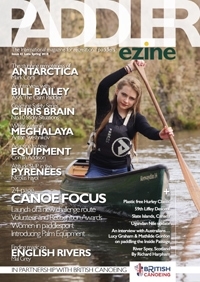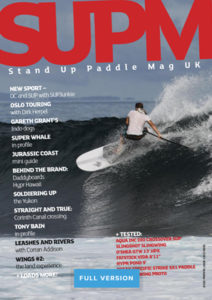Mental health is just like physical health: we all have it. At times it may be good, other times it maybe bad. But we all have it and we all need to look after it. That is something I have come to learn. The only thing is, you can’t see mental health. You may see some clues as to what is going on in a person’s head, but you’ll never see it like you would a broken bone or cut.
For years I hid mine from my friends, my family and anyone that cared about me. However, I also hid it from myself, pretending that I was OK. On the outside I was a loud, fun, and cheery person. I won’t bore you with every detail of how my life was going and what I was up to. All you need to know is that I wasn’t OK and I kept plodding on as if I was.

The best way to describe part of my issues was being numb, feeling nothing. At the time I was dealing with that in a very self destructive and harmful way. These behaviours included self-harm, excessive drinking, and unnecessary risk taking. This risk taking is what I wanted to focus on here, and how it came out on the water. I would paddle down rivers when I probably shouldn’t have, run rapids that others portaged, and put my body in positions that left it open to injury. I had a number of injuries, and almost drowned a number of times from my own recklessness.
It wasn’t until I was called out for certain behaviours by my now (amazing) girlfriend, that I did anything about it. It was one of the hardest things I have ever had to do. But I went online and did a self referral to get some help. The first phone call with the therapist was the scariest; I knew it was only going to work if I was 100% honest, but I never had been before.

I got through it. They told me I had depression and anxiety and that they could help me cope with it. I began a weekly session talking about it all, how it was affecting me, and any incidents from the week and how I dealt with them. I also started on medication to help me while I put healthy coping mechanisms in place. But I still didn’t tell anyone else. This is close to 3 years ago now.
However, my biggest breakthrough came a year later when I took the leap and started to talk to people about it. I was never scared about what people would think about it, or of me. It was just a mental block. But as soon as I told the first person, my dad, it was like a weight was lifted. And the year since has been one of my best in a boat.
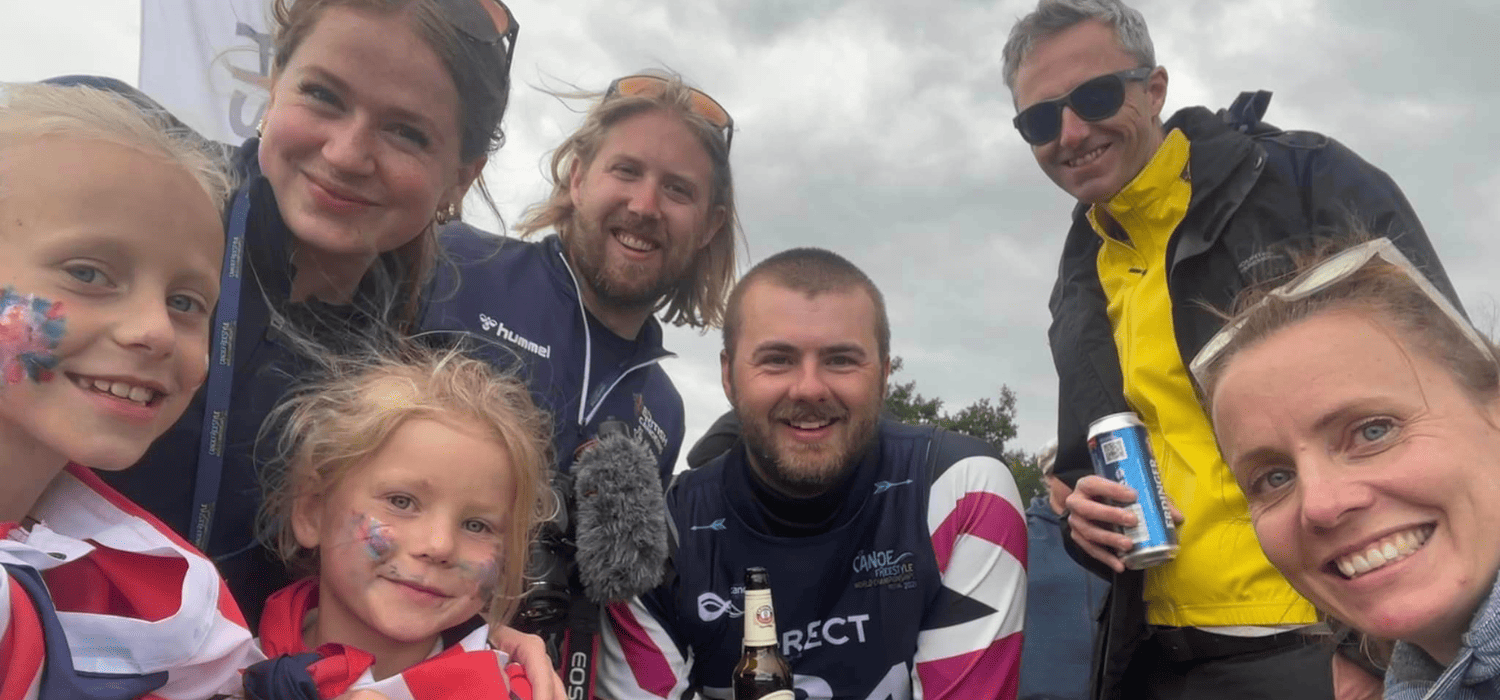
Hardly a week after telling my family I was in Paris competing at the freestyle European Championships where I made my first major international final. From there I started up all the events that I ran that had been put on pause during covid. The Nottingham Freestyle League was back, and planning was underway for the European Open. Mixed in there was the Freestyle World Championships in Nottingham, where I made the final again. These were my best two international results to date!
In the summer I also undertook my third 24 hour paddling challenge raising money for a number of charities, including YoungMinds. As you can imagine on a 24 hour paddle, you have lots of time to talk to your group and naturally mental health came up. It was so nice to be able to talk freely with people about it and how they look after it. It is important to know that what everyone does is different, and what may work for one person may not for another.
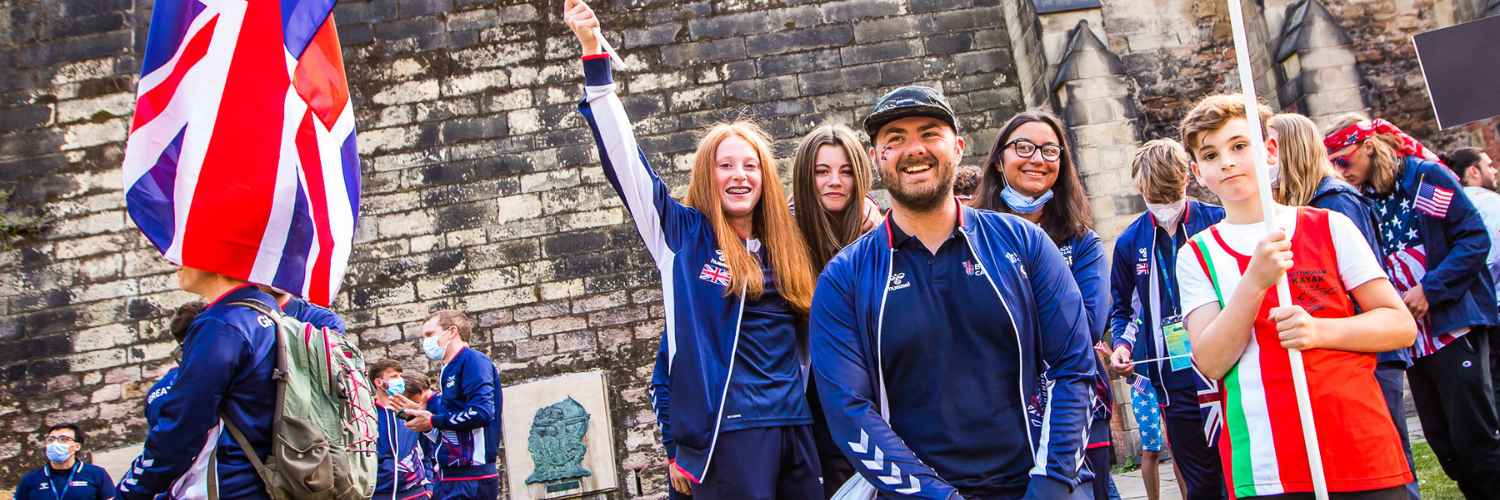
The best example for us kayakers of this is paddling. For some, paddling is an escape from the daily routine and stresses. The water is a safe space where all you have to do is focus on what you are doing and enjoy the time with your friends. But for me it often made things worse. I would be so focused on training for my next competition. I’d put so much pressure on myself, that I would say I lost the main part of kayaking…… the fun!
It got to the point in 2020 where I was considering quitting competition. I shared this with my coach (minus the mental health aspect), and he helped me to see that my results in competition isn’t equal to how people see me as a paddler. This certainly helped, I took to spending more time in my creek boat as well as spreading my freestyle across every feature on my home water at Holme Pierrepont.
Since starting to talk about my mental health, and my struggles with it, it has all become a lot easier. I’m not ‘that paddler with depression’, I’m still Ibbo who does C1. Nobody treats me differently or looks at me in a different way. And I would say that is the beauty of the kayaking community, and anyone should be able to feel safe to talk to their friends.
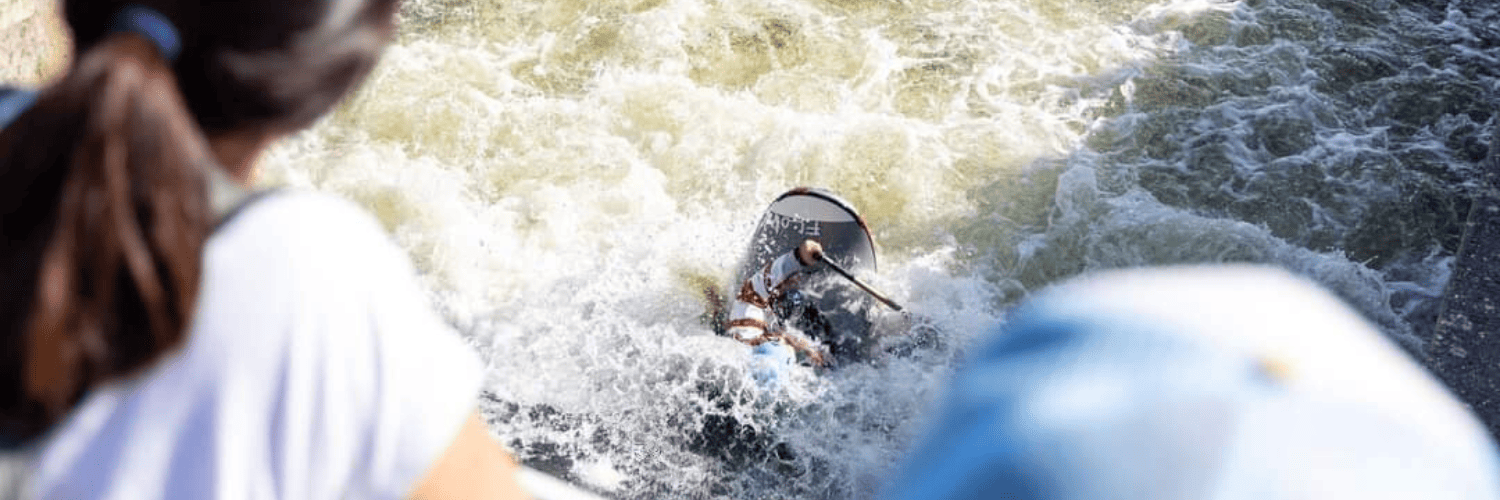
Mental health is important, and we need to look after it. It is different for everyone, and how to look after it will change from person to person. But we need to look after it, and you shouldn’t wait until it is bad to start. If you feel comfortable enough to talk to a friend then do so. It doesn’t have to be about every detail that is going on, it can be as simple as “I’m not doing so good mate”. Any good friend will do what they can to pick you up and help you out. If you feel like you aren’t ready to talk to a friend then there are lots of free resources out there. Some allow you to talk to someone who is a faceless voice on the end of a phone (such as the Samaritans, Mind, YoungMinds, Shout and CALM).
Also do not be afraid to ask someone if they are doing OK. It can be hard to start that conversation, but could really help a friend. Some of the best times to spark up a conversation is whilst paddling. Our minds are focused on the paddling and we aren’t directly face to face with people, so it feels easier to have a conversation. For some, paddling is a form of therapy, taking them out of their daily routine. For others it can add to the problem. So be patient and allow people to feel comfortable. Sometimes you may need to ask twice if the person is alright. This shows you really do care about how the person is feeling and you have the time and space to listen to them.
Samaritans – 116123 or email jo@samaritans.org
Text “SHOUT” to 85258 to access free text support (or text YM if you’re under 19)
YoungMinds – https://www.youngminds.org.uk/young-person/
https://www.mind.org.uk/…/what-can-i-do-to-help-myself…/ – the charity Mind have some resources to help you manage in a crisis
https://www.nhs.uk/…/find-an-urgent-mental-health-helpline to find your local mental health crisis team

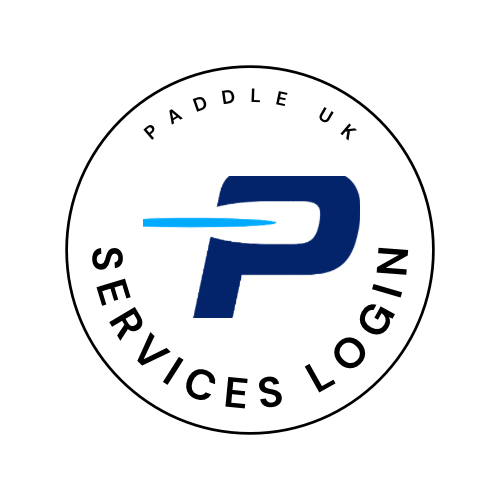
 Go Paddling
Go Paddling Clear Access Clear Waters
Clear Access Clear Waters Paddles Up Training
Paddles Up Training Clubhouse
Clubhouse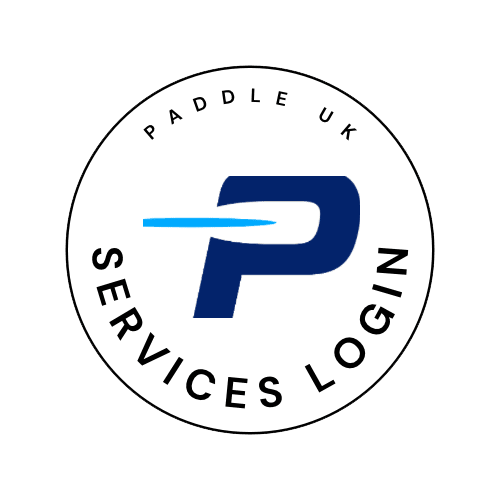 Services Login
Services Login
